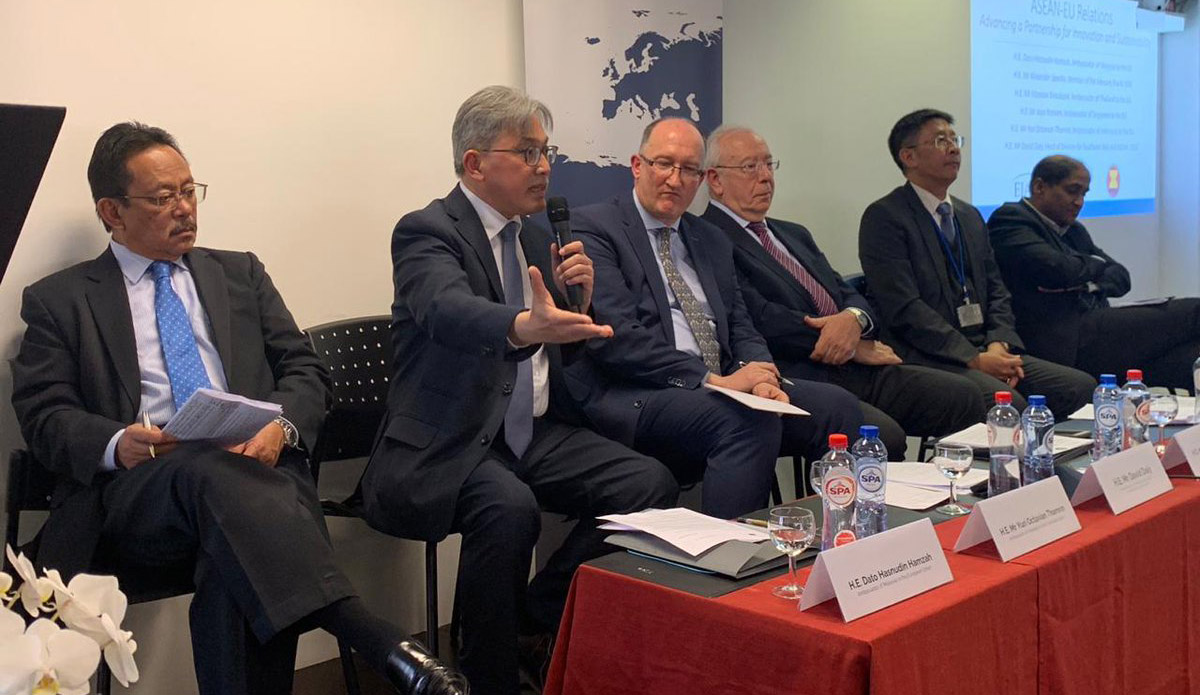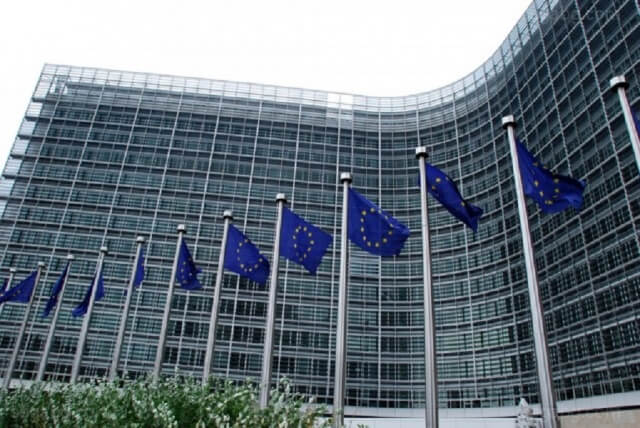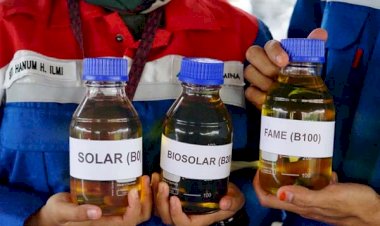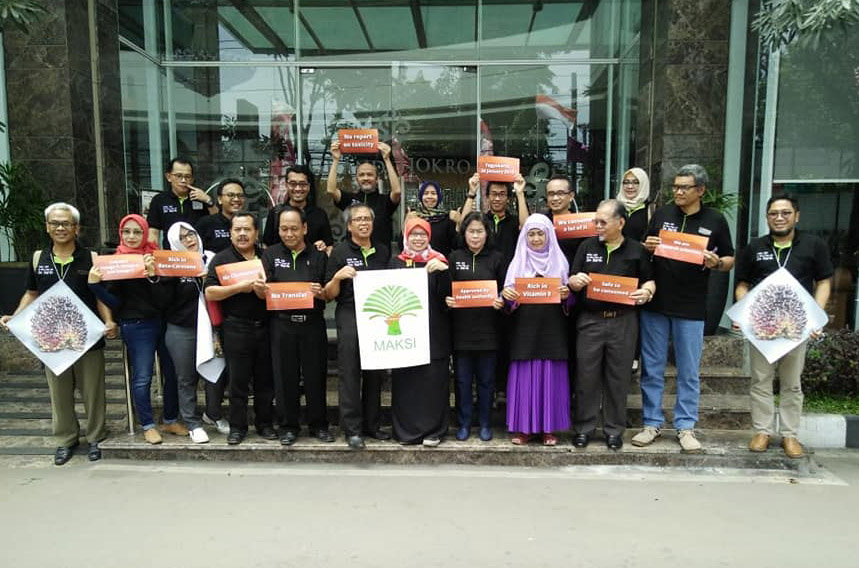EU Leaders are Split on the Issues of Discrimination Against Palm Oil
EUROPEAN Union adopted Renewable Energy Directive (RED) II which mandates levels of renewable energy use within the EU.

EUROPEAN Union adopted Renewable Energy Directive (RED) II which mandates levels of renewable energy use within the EU. This policy will be accompanied by Delegated Act that is a central piece in the regulatory framework to establish which biofuels should count towards the targets established in the RED II.
However, biofuels that are considered to have a high risk for indirect land use change (ILUC) will no longer be able to count toward the EU’s renewable energy goals starting in 2030. Sadly, the delegated act categorizes palm oil as a vegetable oil posing a higher risk of deforestation than other vegetable oils.
Indonesia, the world’s largest palm oil producer, argues that the delegated act is an outright discrimination and a disguised protectionist measure against palm oil. The methodology and hypothesis adopted by the EU concerning the risk and bad impact of palm oil to deforestation was based on flawed standard, contrary to fact, and without impact analysis.
Once the European Commission has adopted the act, Parliament and Council generally have two months to formulate any objections. If they do not, the delegated act enters into force. The government believes that Indonesia still has chances as each member of the EU will address its official statement. Moreover, the EU leaders are split on how palm oil imports will be treated under the RED II.
Indonesian Ambassador to Belgium concurrently the EU and Luxembourg Yuri Octavian Thamrin revealed that there some parliament members who opposes the delegated act.
“I have talked to our friends in the European Parliament, specially to those who clearly see that the delegated act is risky to the EU. They understand that palm oil producing countries are preparing to challenge by taking either litigation or retaliation steps,” Yuri said at Economic Challenges talk show on Metro TV, (25/3/2019).
For the same reason, Indonesian Embassy in Brussels held a panel discussion on the theme “Palm Oil Free: Facts, Fiction, and Misleading Claims” at European Parliament headquarter in preparation for Coordinating Economic Minister visit to Brussels, 8-9 April 2019.
As reported by Antara, the panel discussion included highly sought-after topics such as different perspective on palm oil in Europe as well as joint effort to promote sustainable palm oil.
Parliament member from Committee on the Environment, Public Health and Food Safety Alberto Cirio revealed that the misleading claims over crude palm oil products had contributed to spreading misconceptions about the commodity among the EU community members.
Prof. Pietro Paganini from John Cabott University added that there are many allegations that were based on flawed standard, especially when they were linked to content of saturated fat in palm oil and deforestation. He stated on his study that products without palm oil content are not always better for health than the one with palm oil content. Those misleading claims about palm oil are merely marketing tricks.
Meanwhile, Imkje Tiesinga from European Palm Oil Alliance, argued that banning palm oil would most likely increase the production of other oil crops to meet global demand for vegetable oil. This could lead to even more deforestation rather than provide a solution.
At the same time, representative from Indonesian Embassy, Andi Sparringa said that negative claims over palm oil has undermined Indonesia’s effort to promote sustainable palm oil. Indonesia and the EU have same commitment to solve climate change. In that case, it is deemed necessary to strengthen relationship on sustainable palm oil under the principles of the UN Sustainable Development Goals (SDGs). ***


































